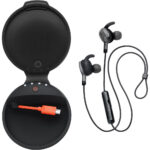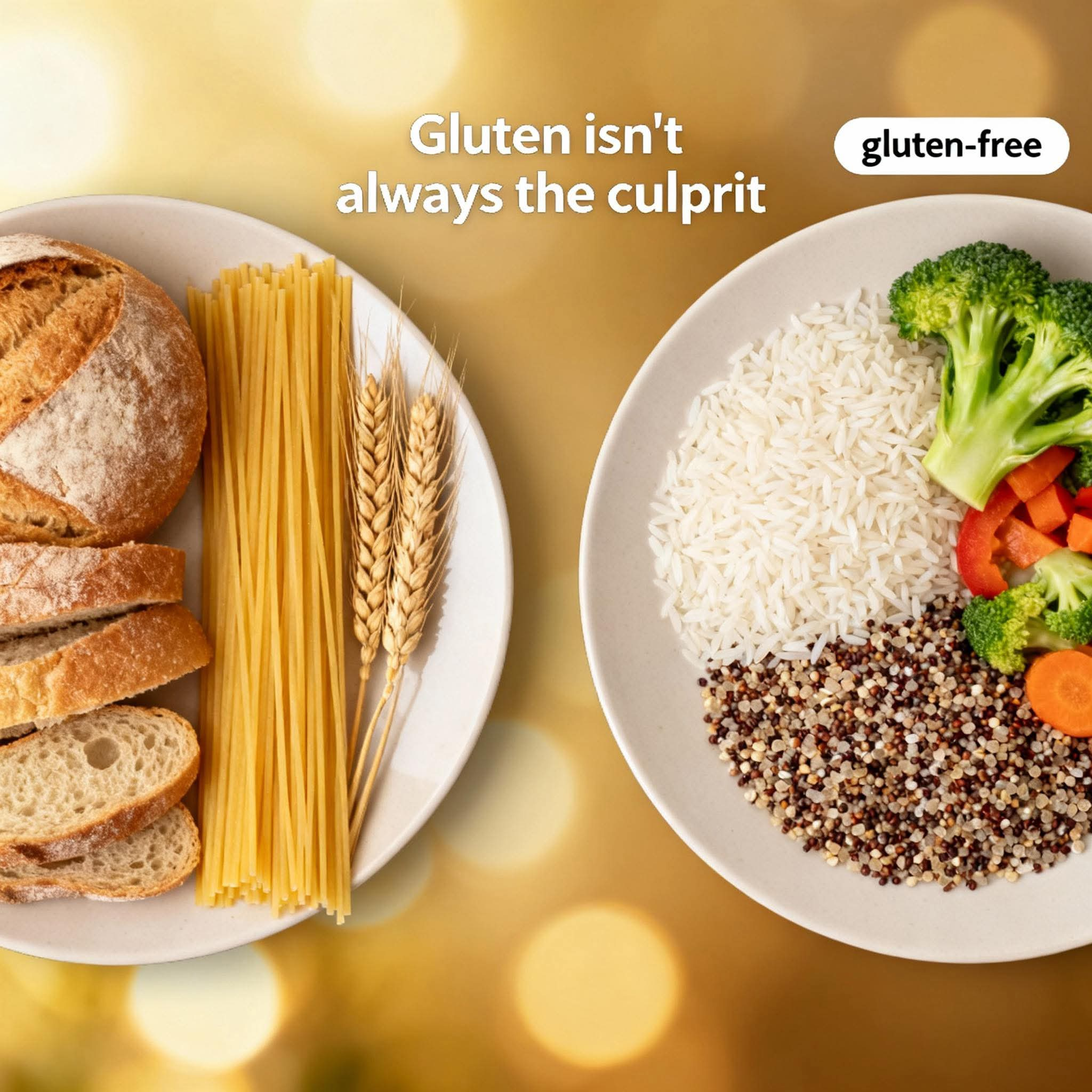Omega-3 Fatty Acids: The Essential Nutrient Your Body Can’t Do Without
By Sudipta Dash
When it comes to nutrients that multitask for your overall wellbeing, Omega-3 fatty acids stand out as one of the most powerful. From protecting your heart to improving brain power, reducing inflammation, and even keeping your skin glowing, Omega-3s truly support health at every stage of life.
In this article, we’ll explore why Omega-3 is important, its top health benefits, natural sources, supplements, recommended daily intake, and the best time to take it.
Why Omega-3 Matters
Omega-3 fatty acids are essential polyunsaturated fats that your body cannot produce on its own. You must get them from diet or supplements. The three main types are:
- ALA (Alpha-linolenic acid) – found in plant foods like flaxseeds and walnuts
- EPA (Eicosapentaenoic acid) – mainly in fatty fish
- DHA (Docosahexaenoic acid) – mainly in fish and algae, crucial for brain and eye health
Here’s how Omega-3 supports your health:
❤️ Heart Health
- Lowers triglycerides
- Balances cholesterol levels
- Helps reduce blood pressure
- Supports overall cardiovascular function
🧠 Brain Function & Memory
- Boosts concentration and focus
- Supports long-term memory
- Protects against age-related decline and neurodegenerative conditions
🔥 Inflammation & Joint Health
- Reduces chronic inflammation
- Relieves symptoms of arthritis and joint stiffness
👁️ Eye Health
- Prevents dry eyes
- Lowers risk of age-related macular degeneration
🙂 Mental Wellbeing
- Improves mood and emotional balance
- Linked to lower symptoms of depression and anxiety
🤰 Pregnancy & Child Growth
- DHA is vital for fetal brain and eye development
- Supports healthy pregnancy outcomes
✨ Skin Health
- Keeps skin hydrated and elastic
- Prevents dryness, acne, and premature aging
Best Sources of Omega-3
Getting Omega-3 through food is always the best option, but supplements can help if your diet is lacking.
🐟 Fish & Seafood (Rich in EPA & DHA)
- Salmon
- Mackerel
- Sardines
- Anchovies
- Herring
🌱 Plant-Based Sources (Rich in ALA)
- Walnuts
- Flaxseeds
- Chia seeds
- Hemp seeds
💡 Note: ALA from plants must be converted into EPA and DHA by your body, but the conversion rate is very low. That’s why direct sources like fish oil or algae oil are considered more effective.
💊 Supplements
- Fish oil supplements – Rich in EPA & DHA
- Algae oil supplements – Great vegetarian and vegan alternative
How Much Omega-3 Do You Need?
- For healthy adults: 250–500 mg (EPA + DHA combined) daily
- For specific health concerns: Up to 1000 mg/day may be recommended (consult a healthcare professional)
- Maximum safe intake: Avoid exceeding 3,000 mg/day unless prescribed by a doctor
When Is the Best Time to Take Omega-3?
Take Omega-3 with meals — especially meals containing fat — to improve absorption and maximize benefits.
Final Thoughts
Omega-3 fatty acids are not just another supplement — they’re essential fuel for your body and mind. From keeping your heart strong and your brain sharp to supporting clear skin, better mood, and overall vitality, Omega-3 plays a role in nearly every aspect of health.
If your diet doesn’t provide enough Omega-3, consider high-quality fish oil or algae oil supplements after consulting with your healthcare provider.
👉 Bottom line: Prioritize Omega-3 in your nutrition to live healthier, think sharper, and feel better every day.
SEO Keywords to Target
Omega-3 fatty acids, Omega-3 benefits, Omega-3 foods, Omega-3 supplements, Omega-3 dosage, fish oil vs algae oil, best time to take Omega-3, Omega-3 for brain health, Omega-3 for skin
About the Author
Sudipta Dash is a certified fitness and nutrition coach passionate about helping people achieve a healthier and stronger version of themselves. Through her platform @fittrwithsudipta, she educates and inspires individuals to adopt sustainable lifestyle changes, focusing on balanced nutrition, strength training, and mental wellbeing.
She believes fitness is not just about how you look but about how you feel, perform, and live every day with energy and confidence.









